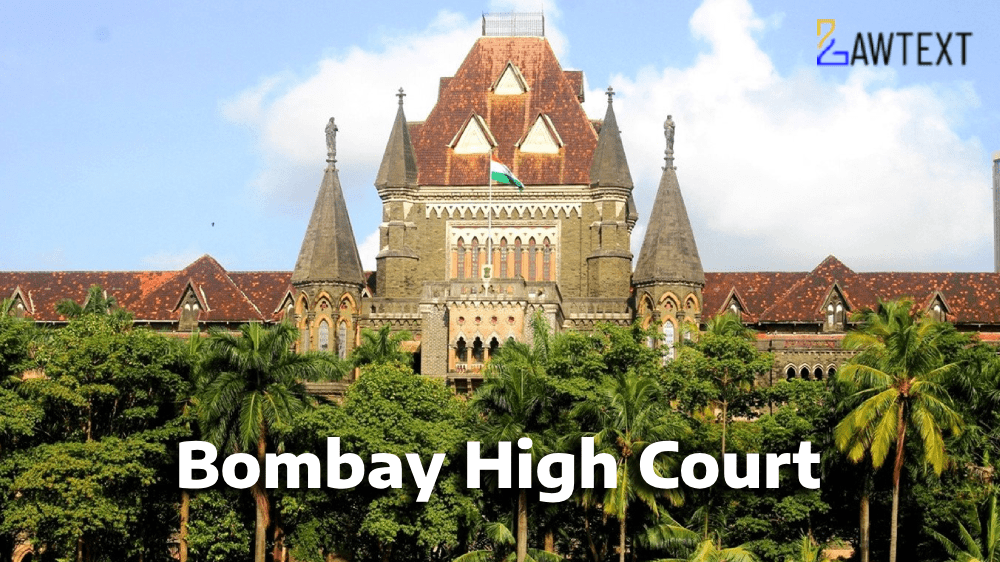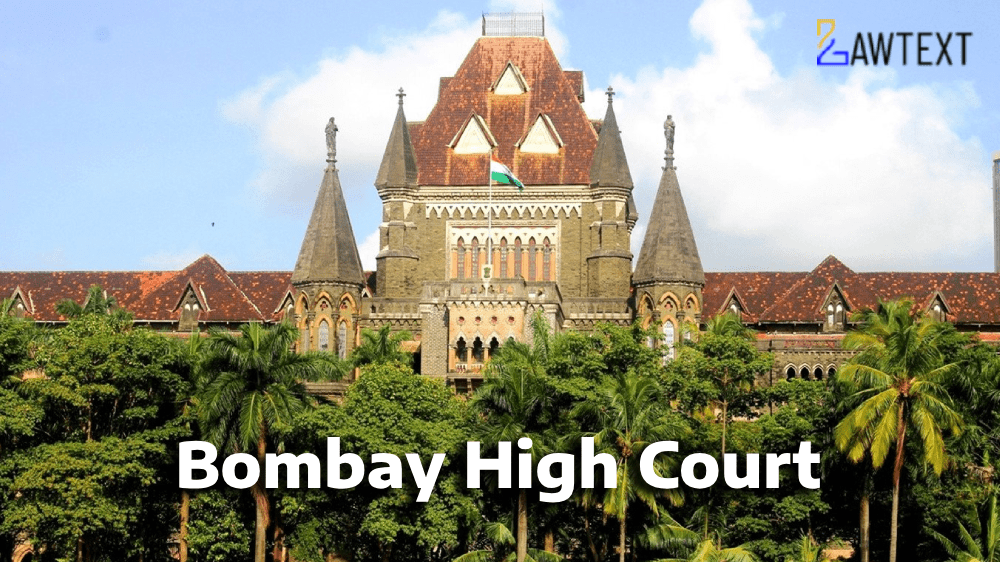Case Note & Summary
This judgment clarifies that even after a decree of divorce, a wife is entitled to relief under the Protection of Women from Domestic Violence Act, 2005 (PWDV Act) if the alleged acts of domestic violence are related to the period of domestic relationship.
1. Appeal and Context (Para 1-2) The applicant (husband) filed a revision application challenging the enhancement of maintenance from ₹1,500 to ₹3,000 by the Additional Sessions Judge, Kelapur. Initial maintenance was awarded by the Judicial Magistrate First Class under Section 12 of the PWDV Act. 2. Applicant's Argument Against Maintenance (Para 3) Contended that after the decree of divorce granted at the instance of the wife, there was no subsisting domestic relationship, making her ineligible for maintenance under the PWDV Act. Cited Sadhana Hemant Walwatkar v. Hemant Shalikramji Walwatkar (2019 SCC OnLine Bom 659). 3. Non-applicant’s Argument for Maintenance (Para 4-5) Argued that relief under the PWDV Act extends to divorced women for acts of domestic violence during the domestic relationship. Relied on the Supreme Court’s ruling in Prabha Tyagi v. Kamlesh Devi (2022). 4. Key Legal Question (Para 6) Whether a divorced woman is entitled to relief under the PWDV Act despite the absence of a current domestic relationship. 5. Analysis of Conflicting Precedents (Para 7-9) The judgment contrasts Sadhana v. Hemant, which disallows relief post-divorce, with Prabha Tyagi v. Kamlesh Devi, which recognizes relief for acts of domestic violence committed during the subsistence of the relationship. 6. Supreme Court Observations (Para 10-12) Domestic relationship need not subsist at the time of filing; it suffices if domestic violence occurred during the period of the relationship (Prabha Tyagi and V. D. Bhanot v. Savita Bhanot). Divorced women can seek remedies under the PWDV Act for past instances of domestic violence. 7. Court's Conclusion (Para 13-14) The court upheld the appellate decision granting enhanced maintenance, aligning with the Supreme Court’s rulings in Prabha Tyagi and V. D. Bhanot. Key Acts and Sections Discussed:Protection of Women from Domestic Violence Act, 2005
Section 12: Application for reliefs under the Act. Sections 18, 19, 20, and 22: Provisions for protection orders, residence orders, monetary reliefs, and compensation.Code of Criminal Procedure, 1973
Section 125: Definition and rights of a wife, including maintenance.Hindu Marriage Act, 1955
Section 13: Grounds for divorce. Ratio Decidendi:Relief under PWDV Act for Past Domestic Violence:The Supreme Court’s ruling in Prabha Tyagi v. Kamlesh Devi affirms that a divorced woman is entitled to remedies under the PWDV Act for acts of domestic violence that occurred during the domestic relationship.
Subsistence of Domestic Relationship Not Mandatory:Relief under the PWDV Act is not contingent on a subsisting domestic relationship at the time of application.
Precedence of Supreme Court Decisions:The judgment underscores the binding authority of the Supreme Court in settling conflicting interpretations regarding the rights of divorced women under the PWDV Act.
Subjects: Maintenance, Domestic Violence, Rights of Divorced Women. #PWDVAct #Maintenance #DivorcedWomen #DomesticViolence #SupremeCourt #FamilyLaw
Issue of Consideration: Sanjay Bapurao Aarewar Sau. Versus Sangita Sanjay Aarewar
Premium Content
The Issue of Consideration is only available to subscribed members.
Subscribe Now to access critical case issues





